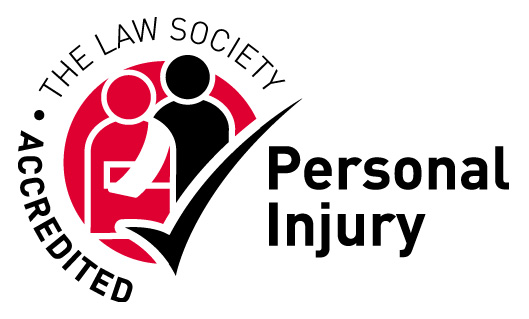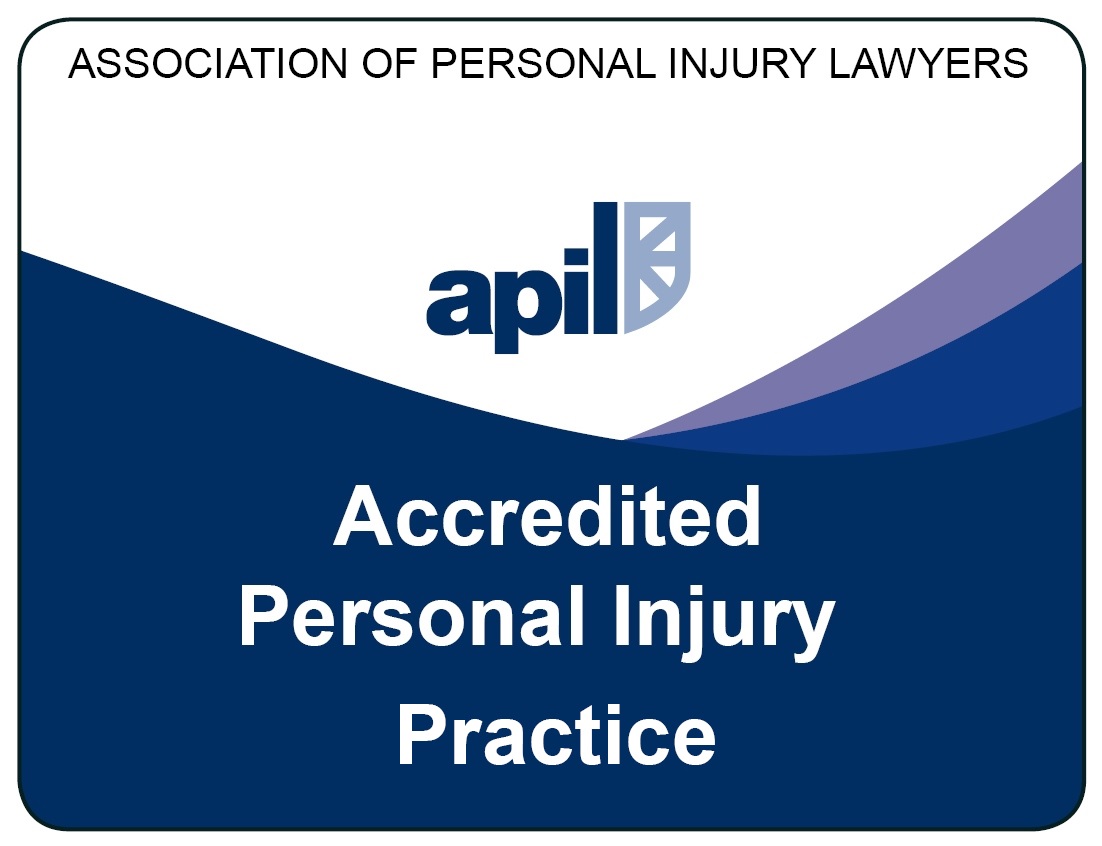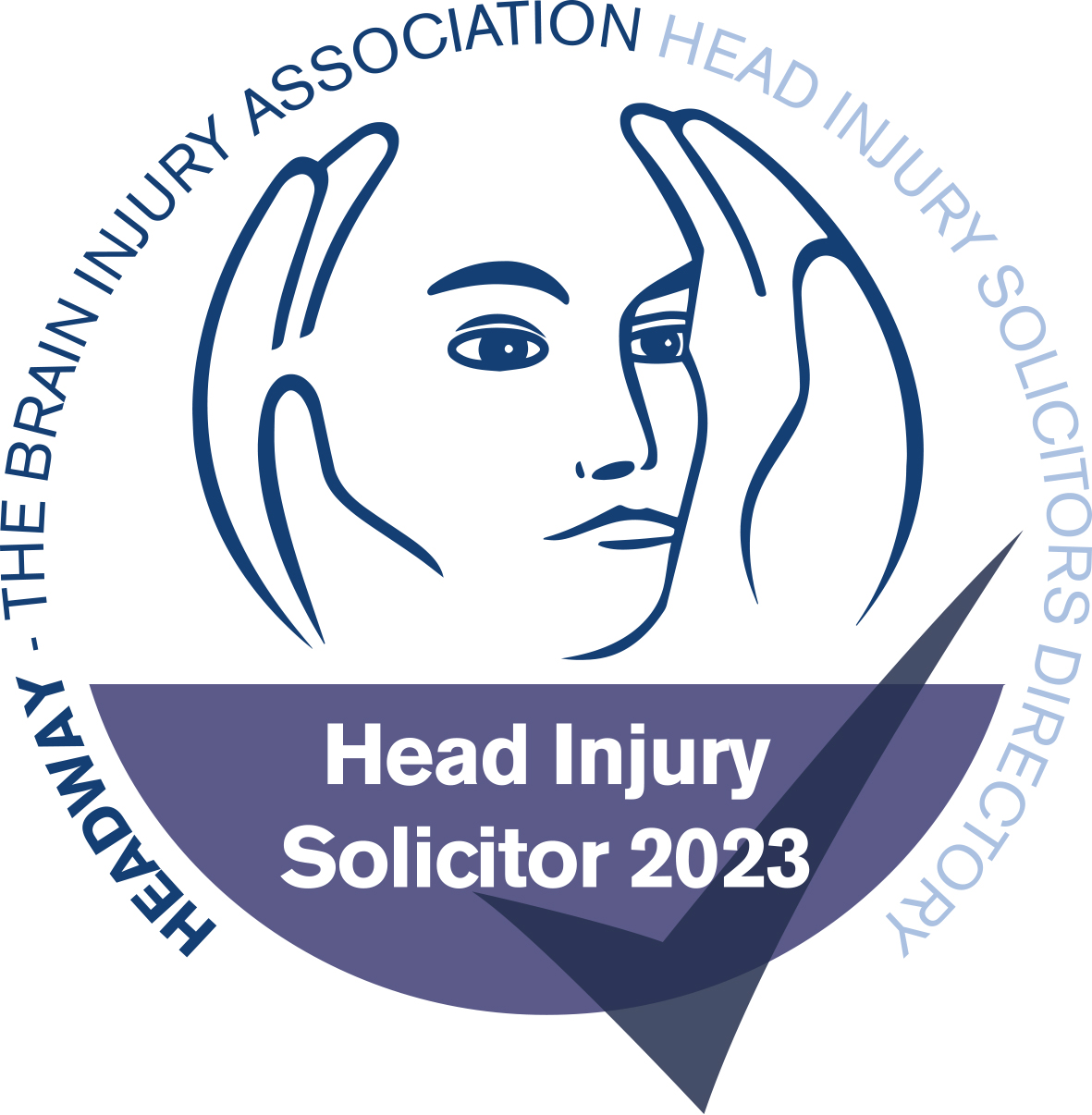




The SARAH Bill Could Lead To A Drop In Safety Standards
A new Act of Parliament designed to encourage more acts of heroism and social responsibility has raised doubts about health and safety standards.
The Social, Action, Responsibility and Heroism Act (SARAH), which received Royal Assent on 12th February, has been the subject of concerns about the motivations behind it and the effects it will ultimately have. Why is it so short? Do we really need an Act of Parliament like this? Has it been designed to provide an antidote to a perceived over-zealous health and safety culture?
All reasonable debates to have but perhaps the most important and worrisome effect of the new law is the potential lack of care taken by companies and individuals who will feel able to more easily justify negligent behaviour, thus making them more cavalier in their approach to health and safety.
The government says it has created the new laws to offer more protection for individuals, employers and volunteers who may be put-off performing an act of help or assistance through concern about negligence claims. Rather than the Act changing the law, the courts are being given ‘direction’ on the particular factors to consider when assessing a case, including:
- Whether or not a defendant acted for the benefit of society when there was an alleged breach of duty
- If the alleged breach of duty happened when a defendant was acting heroically in an emergency situation to help another without consider his own safety
- During the course of the activity where a defendant has allegedly been negligent, whether or not they demonstrated ‘a generally responsible approach towards protecting the safety or other interests of others
At just 300 words in total length, the Act is arguably not detailed enough to be precise and is unmistakably ambiguous. Of particular interest is Clause 3 which states: ” the court must have regard to whether the person, in carrying out the activity in the course of which the alleged negligence or breach of statutory duty occurred demonstrated a generally responsible approach towards protecting the safety or other interests of others.”
Michael Jefferies, Managing Director at Jefferies Solicitors states: “The whole of clause 3 is confusing and makes the law more complicated and less certain. A ” person ” can, by legal definition, include a company, so could include claims against companies as well as individuals. The phrases ” or other interests of others ” and ” generally responsible approach” are so wide as to render the law of negligence in these cases uncertain.”
Other observers, including some MPs, have said that the lack of law changing within the Act makes it ineffective. The fact that there is no change in the legal framework begs the question: why go to such lengths to create something that only serves to offer direction?
Redressing The Balance In Health and Safety?
The New Act has also been criticised for being a blatant attempt to demonstrate the government’s response to a perceived ‘health and safety compensation culture’. Some opposition MPs have said that the new laws are being disguised as a message of reassurance to would-be Good Samaritans who have been put off acting heroically through a fear of being sued.
Cases Could Be Slowed Down
Michael Jefferies says: “It is likely that companies who have been negligent will slow cases down and try to avoid paying compensation by claiming that they have “demonstrated a generally responsible approach towards protecting the safety or other interests of others.”
Sources
http://www.theguardian.com/law/2014/sep/12/opposition-mps-question-chris-grayling-sarah-bill-social-action-responsibility-heroism
http://services.parliament.uk/bills/2014-15/socialactionresponsibilityandheroism.html
Published on 13th March 2015.





